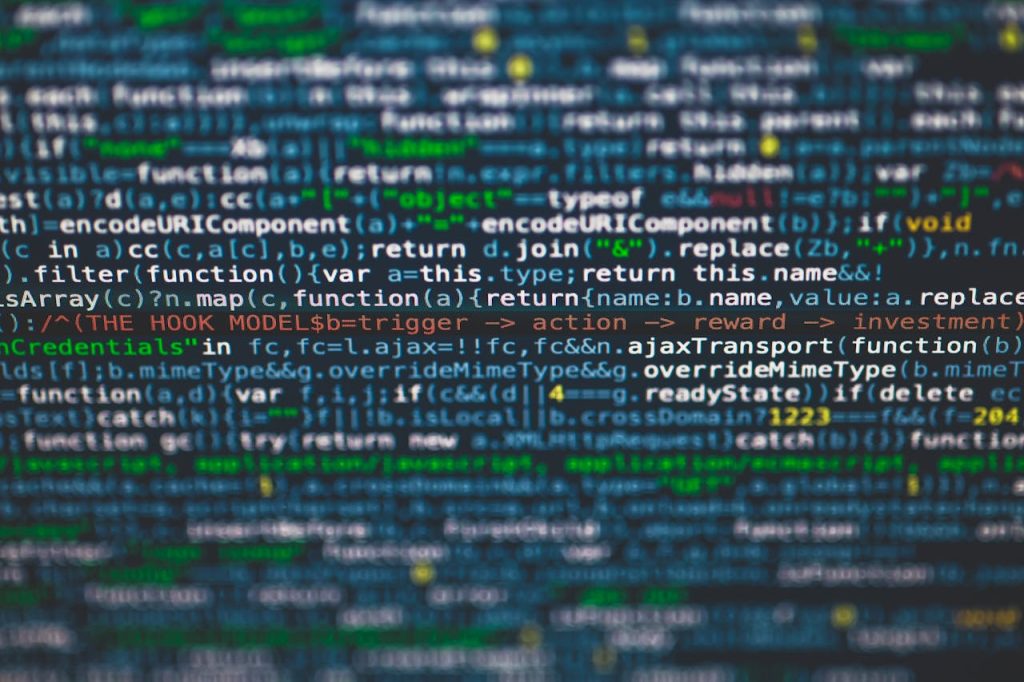Citigroup is pushing into a technology that many corporate workplaces have found challenging to adopt: artificial intelligence (AI) agents that can handle complex tasks on their own.
Businesses from various sectors anticipate a time when AI agents will perform tasks in a chain over several hours or days, gaining access to multiple internal systems and performing duties similar to those of human workers. Citi has begun to move toward that reality, although it remains far off for the majority of businesses.
Citigroup to implement AI tools to boost business
The bank started testing new “agentic” features this month within its in-house AI platform, which has been developed over the last two years. According to Citi Chief Technology Officer David Griffiths, the update enables users to instruct an AI tool to manage numerous tasks across multiple company systems with a single prompt. “A couple of years ago, you could do agentic things with the early versions of the models that were available then. But they weren’t always very reliable. They weren’t always very good at invoking tools. But they are now,” Griffiths said.
Because of this advancement, businesses are now investing in agents that can perform a range of tasks, from grocery shopping to writing entire applications. They are also investigating how these agents can securely communicate with each other and with enterprise systems.
The Citi Stylus Workspaces platform is based on models like Claude from Anthropic and Gemini from Google. The most recent version allows users to direct the system to conduct client research, create a profile using internal and public data, and translate the outcome into a foreign language—all in one step. In the past, those tasks needed individual human cues. “That’s just one example, and you can see how many thousands of examples of that kind of problem we would have in the company,” Griffiths said.
A shift in workforce culture and potentially headcount
Over the course of four to six weeks, 5,000 users will participate in the pilot. According to Griffiths, he aims to assess how well staff members utilize the new tools, their effects, and whether the benefits outweigh the drawbacks.
As tasks become more complex, running agents can become costly. Griffiths stated that, although Citi has implemented stringent cost controls, determining the return on investment remains challenging due to the model’s rapidly declining price. The majority of tasks currently take only minutes to complete, which helps keep expenses under control.
That calculus may change if the instruments are developed to manage procedures that take hours or longer. According to Griffiths, such scaled-up efficiencies may eventually change the company’s perspective on its employees.
“Does it mean that we need fewer people? I don’t know,” he said. “It certainly means that we would get a lot more done. And we’ll see how the workforce evolves with that massive boost of capacity that we’re getting here.”
Featured Image Credit: Markus Spiske; Pexels: Thank you!















